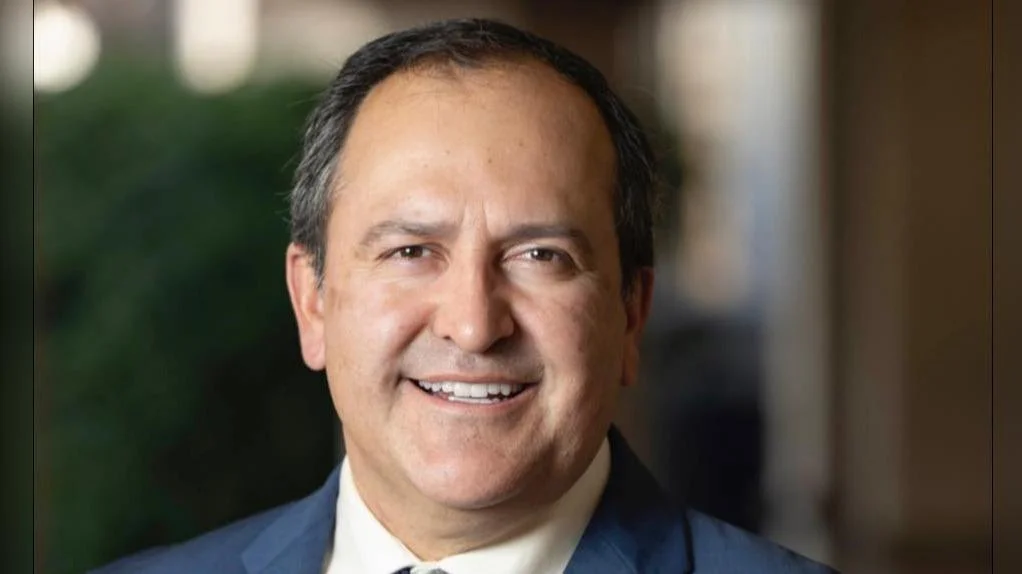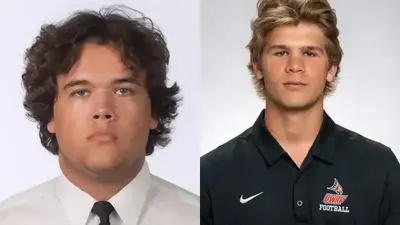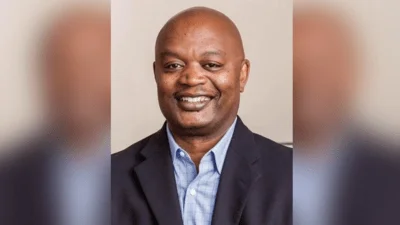Jon Koznick, Minnesota State Representative from 57A District | Facebook
Jon Koznick, Minnesota State Representative from 57A District | Facebook
The 2025 legislative session in Minnesota concluded with several key measures affecting transportation, public safety, and local funding. Representative Jon Koznick (R-Lakeville), serving as GOP Chair of the House Transportation Committee, played a central role in negotiating the state’s transportation budget.
Koznick highlighted the allocation of $40 million in matching state funds for the I-35/County Road 50 interchange in Lakeville. He said this investment aims to reduce congestion, improve safety, and support regional growth. The session also saw efforts to block a proposal that would have shifted $93 million from Metro counties like Dakota and Scott to the Metropolitan Council for projects focused on Minneapolis and St. Paul. According to Koznick, “Thanks to strong advocacy from local officials and residents, we preserved funding for local transportation projects in our communities.”
Other aspects of the final transportation package included investments in the State Patrol, upgrades to I-35 and I-94, improvements to aviation infrastructure, easier access for Minnesotans scheduling driver’s tests, increased penalties for repeat DWI offenses, requirements for electric vehicles to contribute to road maintenance costs, and elimination of certain taxes on road construction materials and propane delivery. The Burnsville Parkway Bridge was renamed in honor of Officers Paul Elmstrand, Matthew Ruge, and Firefighter/Paramedic Adam Finseth.
Koznick noted bipartisan support for the nearly $10 billion transportation package but acknowledged compromises were necessary due to an evenly split House: “The analogy I used is a pizza: you might not like all of the ingredients, but overall, the pizza is still good. I’m proud to have Chaired and passed a nearly $10 billion transportation package.”
On transit issues, Koznick reported redirecting $77 million away from the Northern Lights Express rail project toward covering school mandate costs. He described this as a “major taxpayer victory,” stating that with this shift “NLX is now effectively dead.” He also referenced low ridership on Northstar commuter rail—fewer than 300 daily riders despite over $320 million spent—and authored legislation aimed at ending Northstar service. As his bill advanced, he said MnDOT and Met Council responded by announcing plans to transition Northstar service to buses.
Mental health initiatives were also addressed during the session. Koznick worked with Rep. Rick Hansen (DFL) on legislation funding a suicide prevention fence on Washington Avenue Bridge at the University of Minnesota campus. “Too many lives have been lost on that bridge…Surprisingly, it was a big fight, but I didn’t give up and pushed it into law,” Koznick stated.
First responders received renewed attention through continued support for equine-assisted therapy programs for those dealing with PTSD or job-related trauma—a program with a reported 98% retention rate—thanks to efforts led by Koznick and Sen. Eric Pratt.
Additional legislation co-authored by Koznick allows State Troopers to keep their original badges after concerns about changes related to redesigning the state seal: “Troopers shouldn’t be forced to turn in their badges because of a costly and unnecessary redesign of the state seal.”
Small business owners near racetracks such as Elko Speedway will see regulatory relief following passage of a bill permitting gas stations greater flexibility in offering additional fuel options.
Finally, manufacturing grants supporting small manufacturers—including solar and energy producers—were approved as part of efforts to expand jobs within Minnesota’s manufacturing sector.
Reflecting on these outcomes, Koznick said: “We passed a transportation bill that prioritizes our region…shut down failed programs that wasted your money…successfully passed the largest spending reduction in state history…and we made meaningful progress on mental health, public safety, and support for first responders.”
He encouraged constituents to follow updates via his Facebook page or newsletter throughout the year.






 Alerts Sign-up
Alerts Sign-up